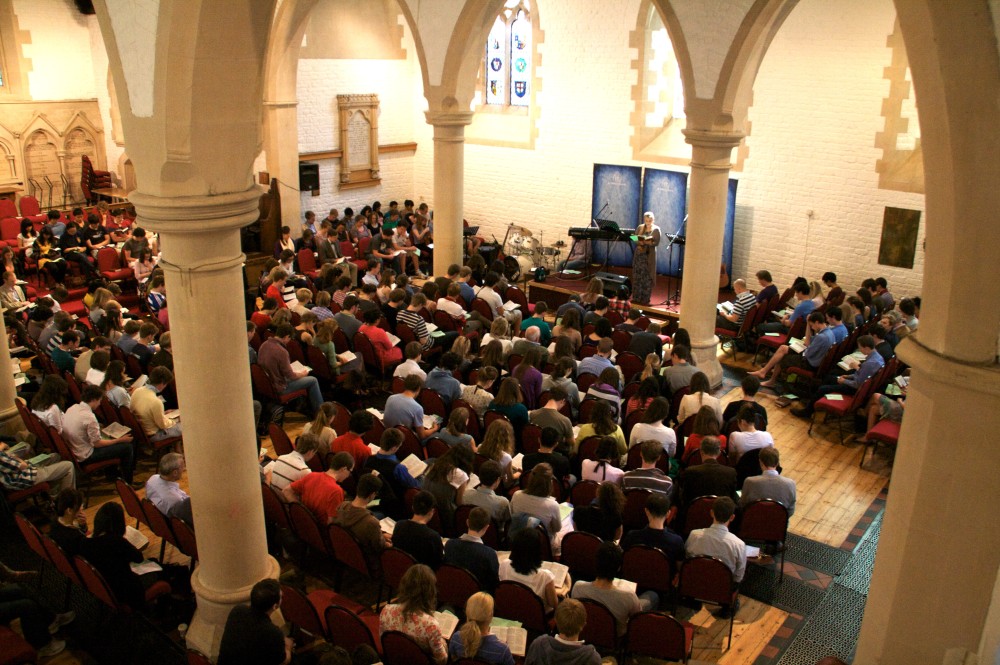Conscience means "knowing together"
In worship, our moral compass is recalibrated—with the help of others.
The New York Times obituary for former defense secretary Robert McNamara (1916–2009) included these sad lines about his later life: “He wore the expression of a haunted man. He could be seen in the streets of Washington—stooped, his shirttail flapping in the wind—walking to and from his office a few blocks from the White House, wearing frayed running shoes and a thousand-yard stare.”
It took nearly three decades for McNamara to begin to publicly acknowledge the futility of the Vietnam War and his role in it. Although his 1995 memoir directly challenged his own conduct during the war, calling it “wrong, terribly wrong,” McNamara still bore the scorn of critics angered by his slow-to-awaken conscience. He died a tormented man, one who never fully convinced historians or the public that he had come to terms with the moral burden of his actions.
Robert McNamara is a case study in conscience. If a good conscience is like a soft pillow, as Robert Solomon argues in his book The Conscience: Rediscovering the Inner Compass, and an unclean conscience is like sleeping on thorns of worry and restlessness, McNamara may have slept poorly for decades.





